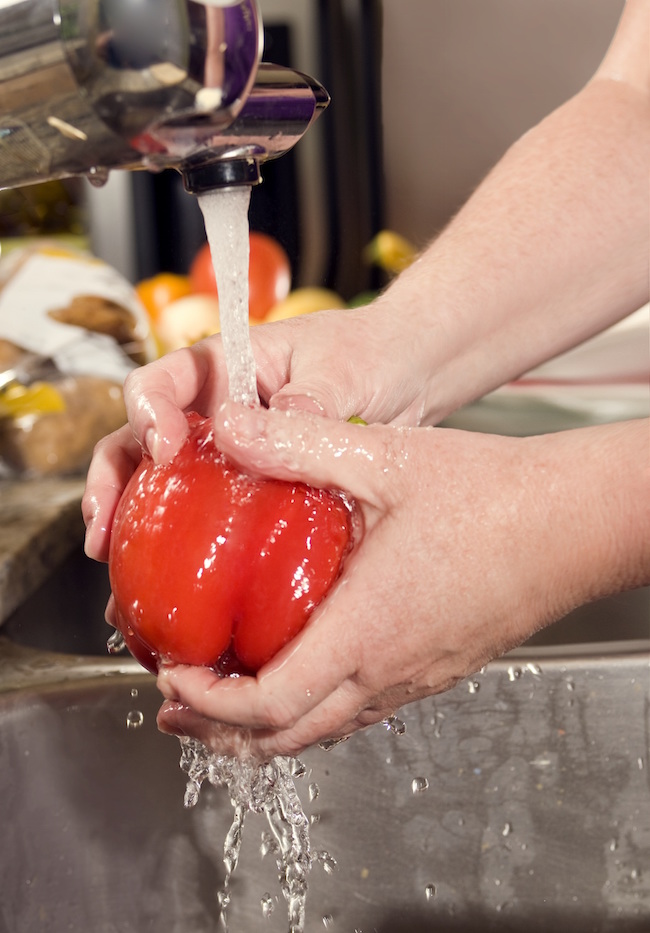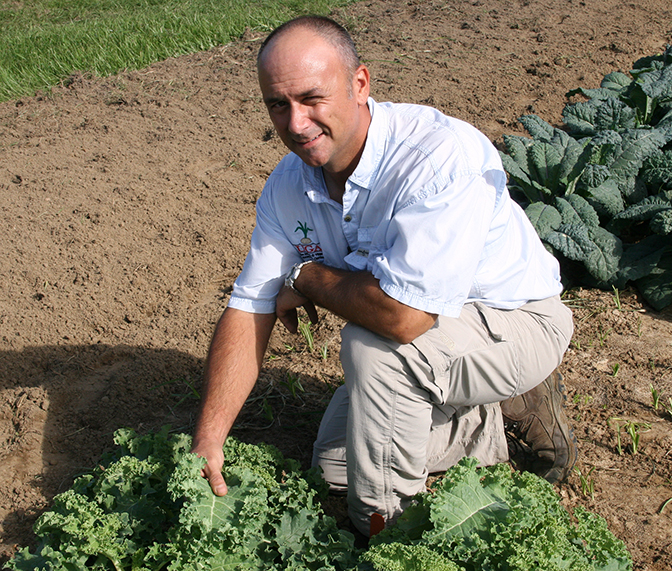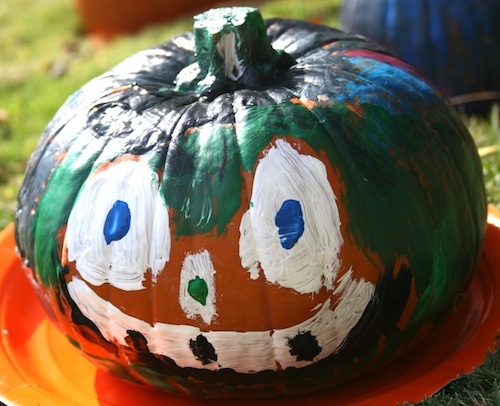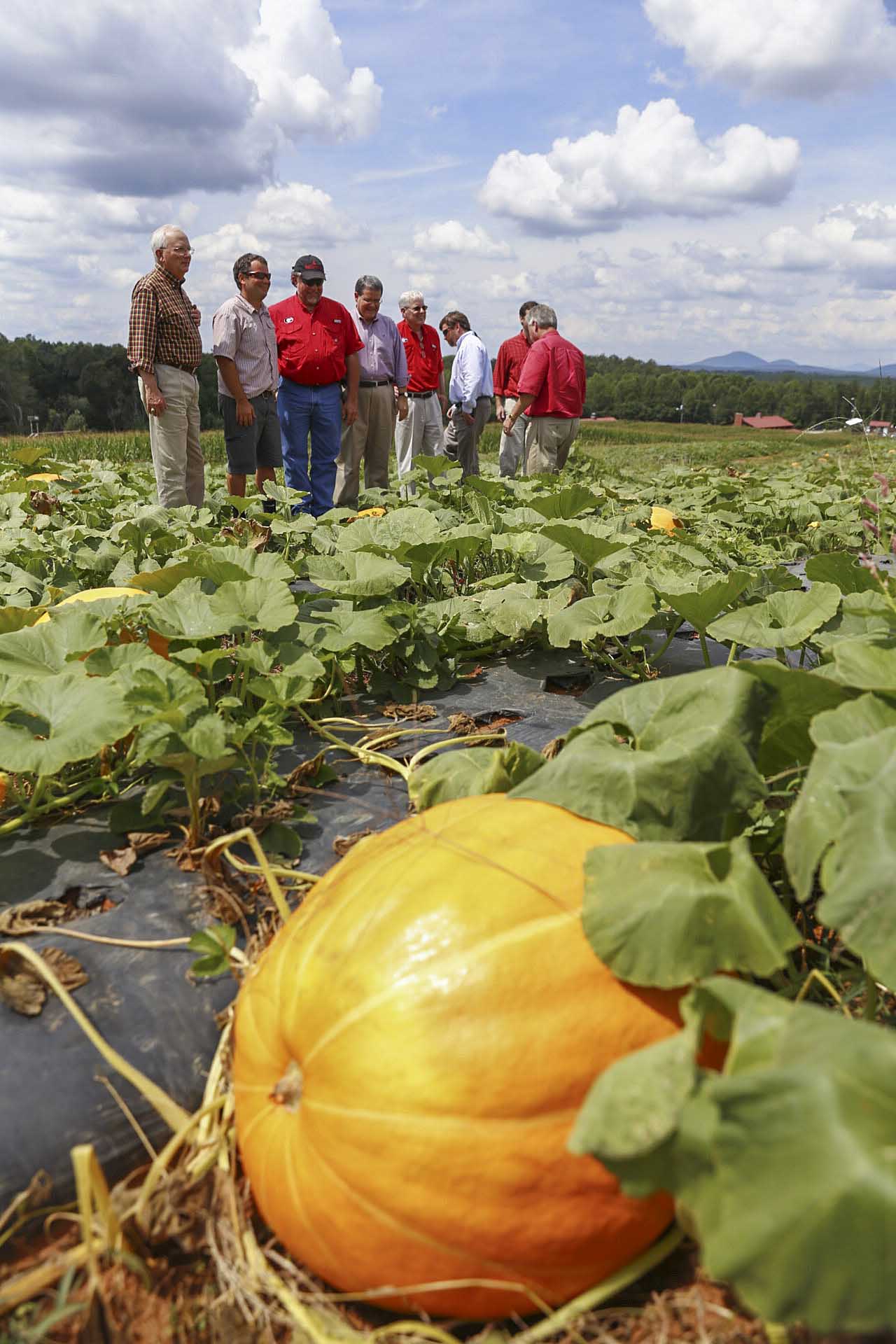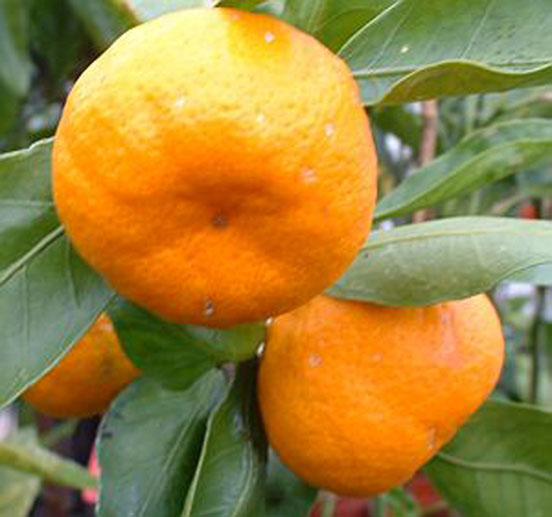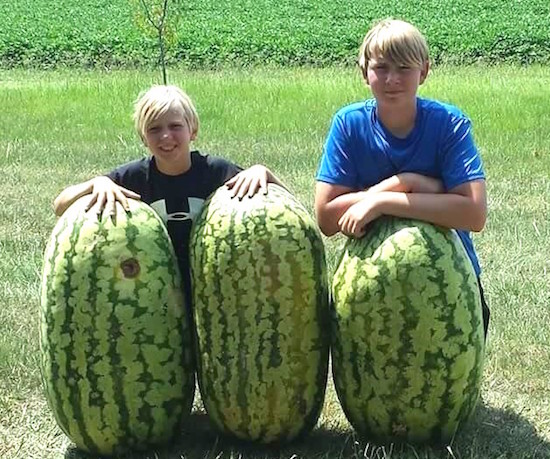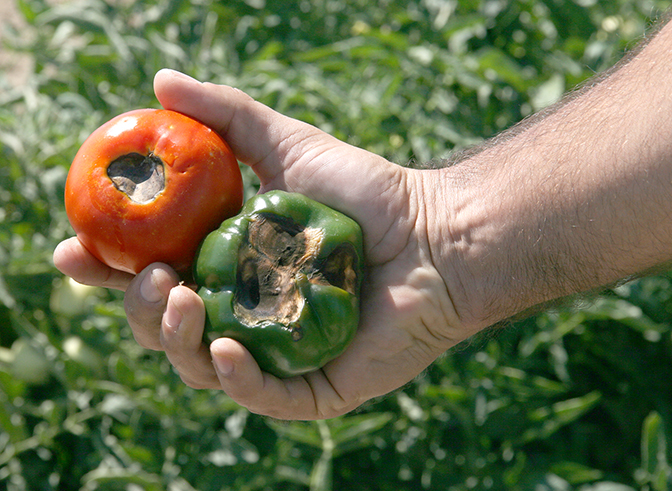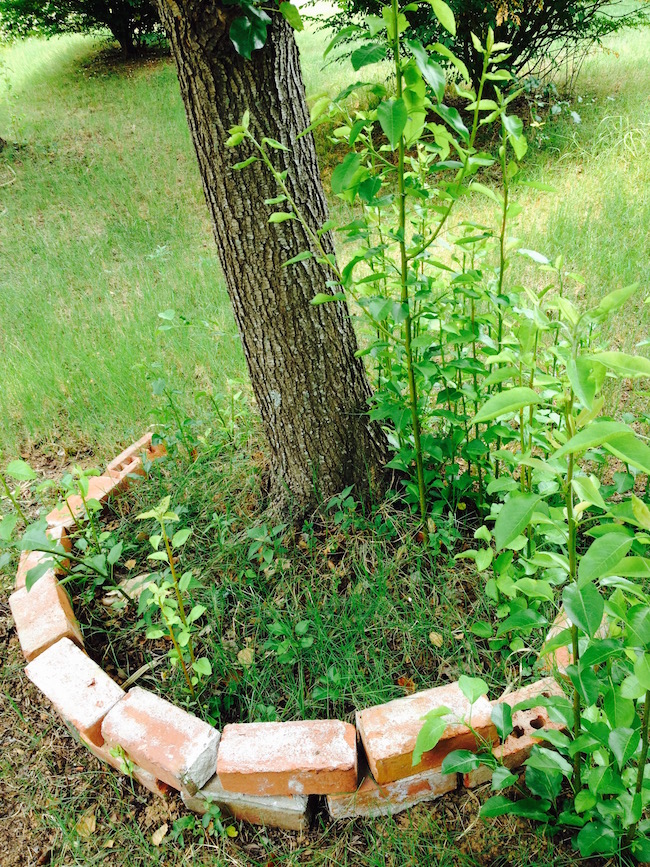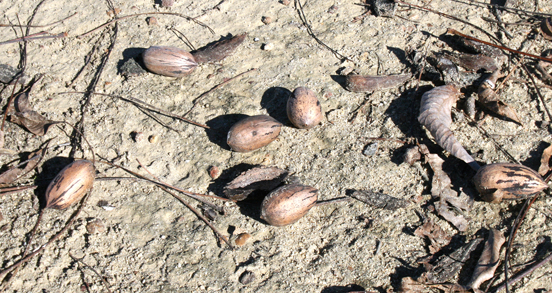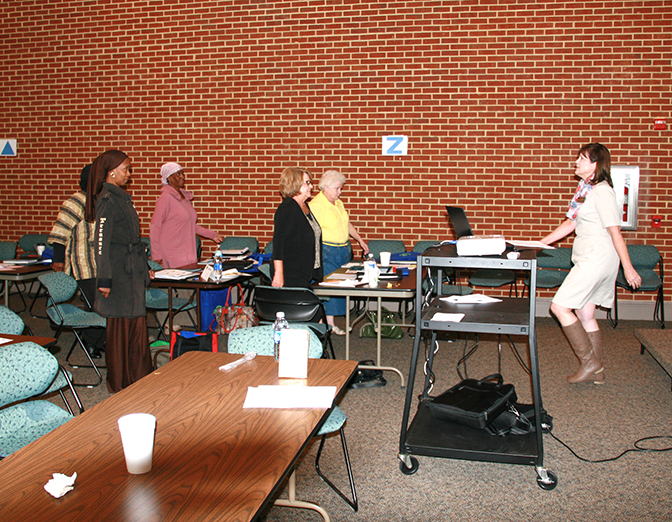 CAES News
CAES News
Female farmers
Women own 13.6 percent of America’s active farms and their farms produce almost $13 billion worth of goods each year.
Just like male farmers, they need access to business and technical information to help make their farms successful. But while many pride themselves on not needing a “women’s only” class on how to work the land or run a business, many other women simply feel more comfortable learning around other female farmers.

